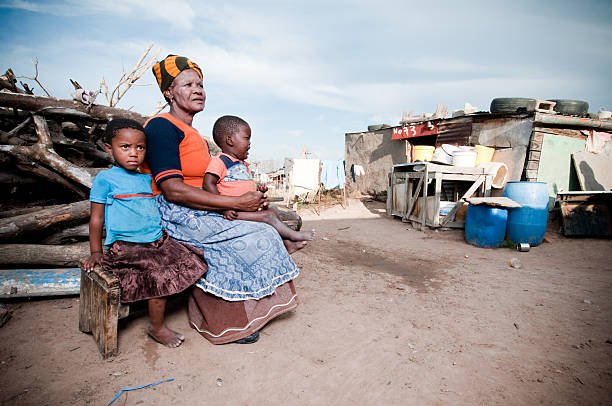Four Contributory Factors to Poverty Locally and Globally
Skip to content
Skip to footer
Four Contributory Factors to Poverty Locally and Globally
Four Contributory Factors to Poverty Locally and Globally

